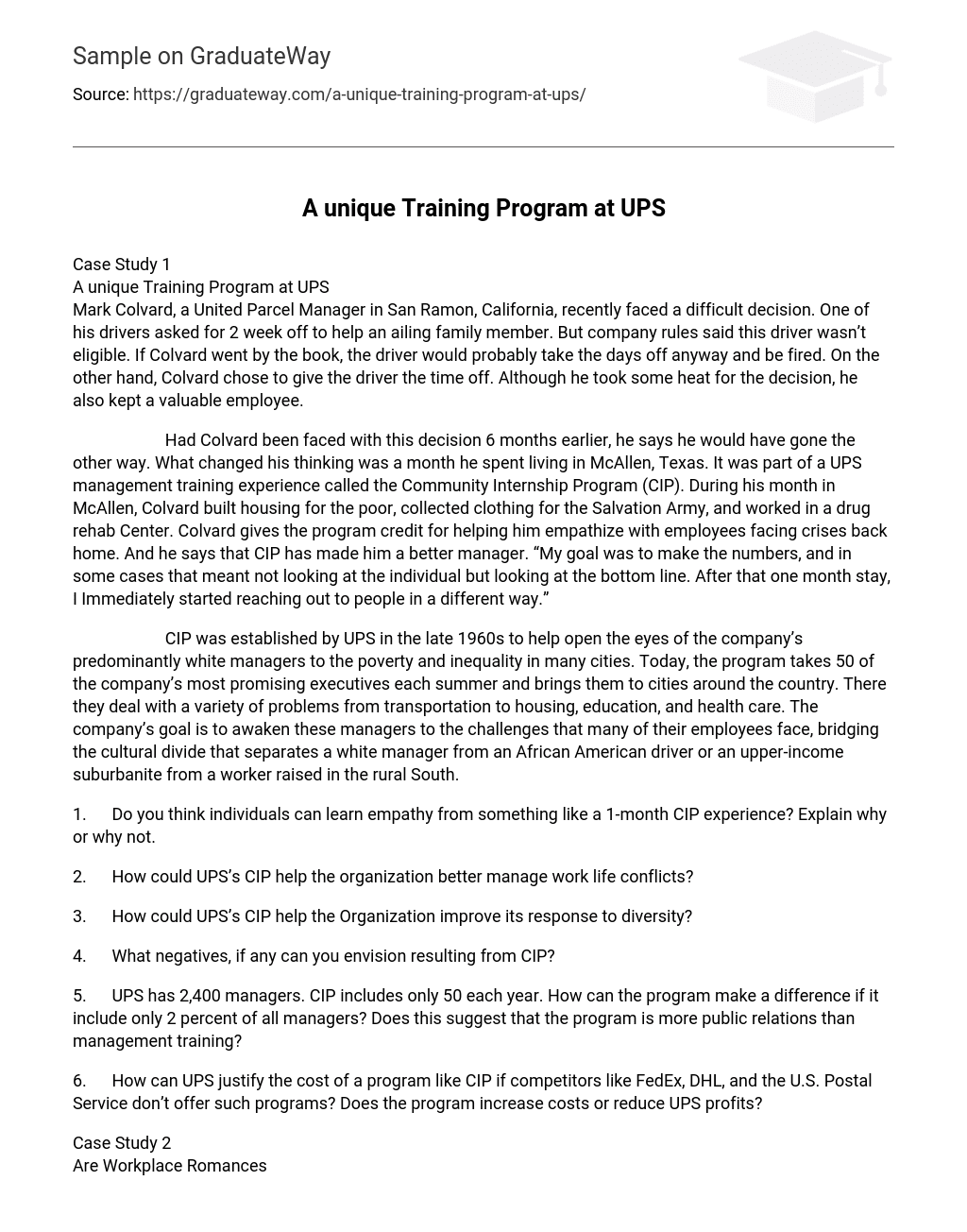A large percentage of married individuals first met in the workplace. A 2005 survey reveled that 58 percent of all employees have been in an office romance. Given the amount of time people spend at work, this isn’t terribly surprising. Yet office romances pose sensitive ethical issues for organizations and employees. What rights and responsibilities do organizations have to regulate the romantic lives of their employees?
Take the case of former General Electric CEO Jack Welch and Suzy Wetlaufer. The two met while Wetlaufer was interviewing Welch for Harvard Business Review article, and Welch was still married. Once their relationship was out in the open, some accused Wetlaufer of being unethical for refusing to disclose the relationship while working on the article. She eventually left the journal. Other accused Welch of letting his personal life get in the way of the interest of GE and its shareholders. Some even blamed the scandal for a drop in GE stock.
Welch and Wetlaufer didn’t even work for the same company. What about when two people work together in the same work unit? Chicago advertising firm, started dating Kevin, one of her account supervisors. Their innocent banter turned into going out for drinks, and then dinner, and soon they were dating. Kevin and Tasha’s bosses were in house competitors.
The problem: Sometimes in meetings Kevin would make it seem that Tasha and Kevin were on the same side of important issues even when they weren’t. In response, Tasha’s boss began to isolate her from key projects. Tasha said, “I remember times when I would be there all night photocopying hundreds of pages of my work to show that [Kevin’s] allegations [of her incompetence] were unfounded. It was just embarrassing because it became a question of my professional judgment. ”
These examples show that while workplace romances are personal matters, it’s hard to keep them out of the political complexities of organizational life.
- Do you think organizations should have policies governing workplace romances? What would such policies stipulate?
- Do you think romantic relationships would distract two employees from performing their jobs? Why or why not?
- Is it ever appropriate for a supervisor to romantically pursue a subordinate under his or her supervision? Why or why not?
- Some companies like Nike and Southwest Airlines openly try to recruit couples. Do you think this is a good idea? How would you feel working in a department with a “couple”?





